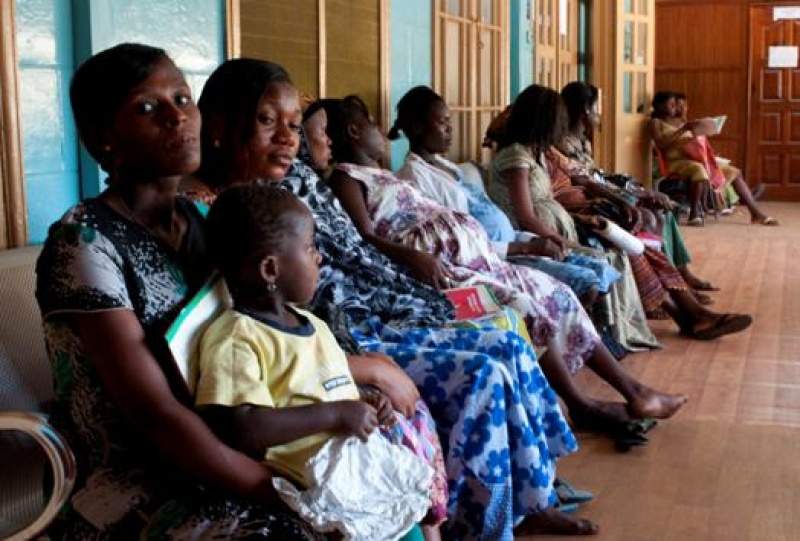President Nana Akufo-Addo has charged authorities in the educational sector to design a curriculum to specifically meet modern demands of industry.
This, the president believed, would help produce graduates who will meet the requirements of the corporate world and reduce the rate of unemployment in the country.
Mr Akufo-Addo, who delivered a speech to mark the 2017 May Day celebrations at the Independence Square, explained that government intends to address the longstanding skills mismatch between majority of school leavers and industry requirements.
“We have to tailor the curriculum to skills development and job learning based on current industrial needs at the enterprise level and job market,” he emphasised.
Mr Akufo-Addo was certain that such an action would help address the unemployment situation drastically.
Further, Mr Akufo-Addo indicated that it was time for more workers in Ghana to be brought under formal sector employment.
According to him, figures available show that very few Ghanaians are employed in the formal sector, a situation which is not in the best interest of Ghanaians.
“The figures that I have seen suggest that the size of the workforce in our country is about 13 million people and there are less than two million in formal work,” the president said.
“Unfortunately, much of our preoccupation seems to be with this small group in the formal sector. It is time for us all to bring more of our people into the formal sector. It will be, indeed, in everybody’s interest to do so.”
He added: “The first order of business therefore must be to get our economy out of the doldrums and to create the atmosphere for our entrepreneurs to bring on the jobs.
“There are things the government must do and there are things the citizens as a whole and organized labour in particular must do. We in government have set about our task with zeal. Our first budget, the Asempa Budget, has set out clearly the road map to bring prosperity to Ghana.
“We have taken the important steps to create an enabling environment for the private sector to flourish and create jobs. We have reduced taxes, including taxes on kayayei, inflation is on the decline, interest rates are on the decline, and [there’s] relative stability of the exchange rate.”
Source: Ghana/AccraFM.com


































